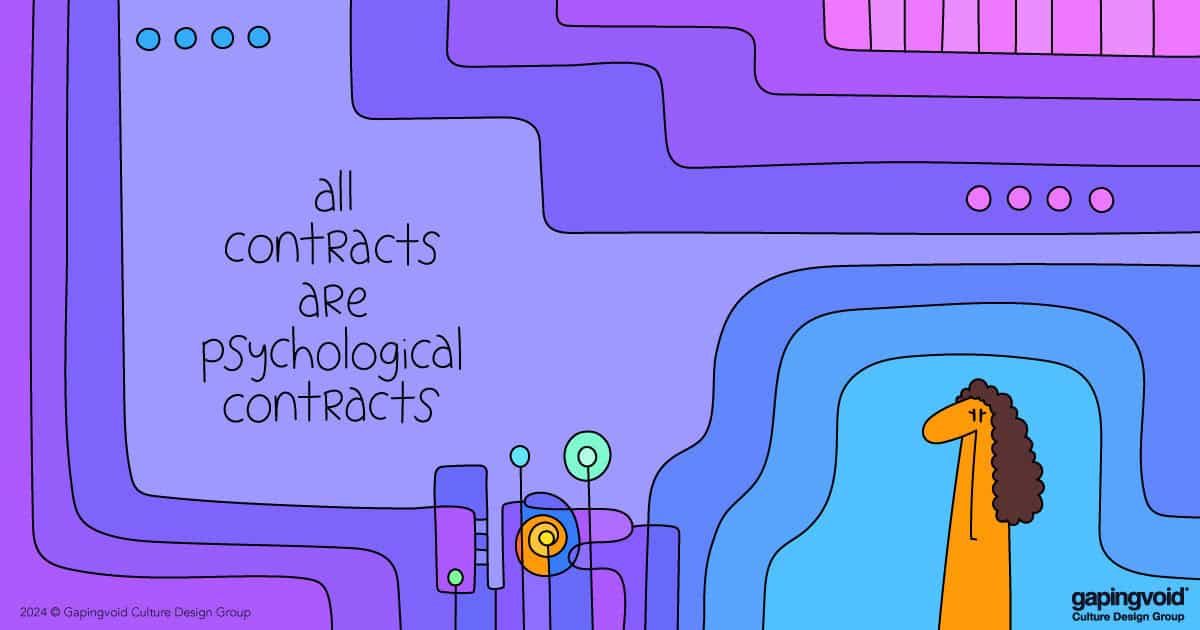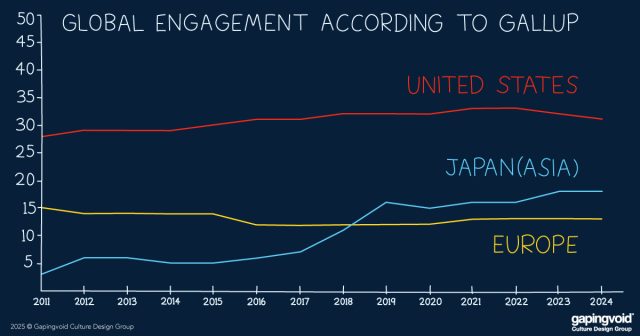
The secret to getting results only has three words: Understand human nature.
During the Revolutionary War, Ben Franklin was in the precarious position of acting as liaison to France. George Washington’s Revolutionary Army was running low on basic supplies like winter clothes, ammo, tents, and food.
The U.S. needed French funds to continue fighting the British, and France (being adversaries with Britain) had a vested interest in the US continuing to fight. The only questions were: would they be willing to put their money into the fight, and if so, how much? And on what terms? And how soon?
The negotiations went back and forth. It was a tense and prolonged process. The French representatives and U.S. delegation couldn’t agree on terms – or on a number.
Then, as time was running out, Franklin held a meeting at his French villa with a representative of Great Britain. They talked for two hours, and Franklin made sure the French knew about it.
As the story goes, he rambled at the British delegate for two hours – about nothing of significance.
But it was enough to panic the French delegation. They thought he was cutting a deal and suing for peace – the last thing France wanted. As the French Foreign Minister said, “I am certain that they are negotiating briskly.”
So, France gave in and agreed to Franklin’s terms. Washington got his equipment. The war continued and was won.
As Robert Cialdini writes in Influence: The Psychology of Persuasion, “The scarcity principle is a psychological trigger that compels us to act when we believe something is rare or limited.”
Franklin used it to his advantage, and it made all the difference.
The interesting thing isn’t so much Franklin’s ploy or even the psychology of scarcity. It’s the fact that there’s always a psychological undercurrent at play, and it shapes more outcomes than we’d care to admit.
QED, to get results is to understand human nature, and to understand human nature, is to understand (and accept) that it’s the undercurrent that’s actually in charge.



